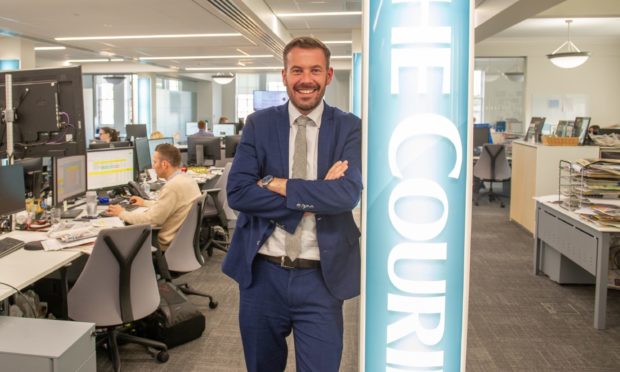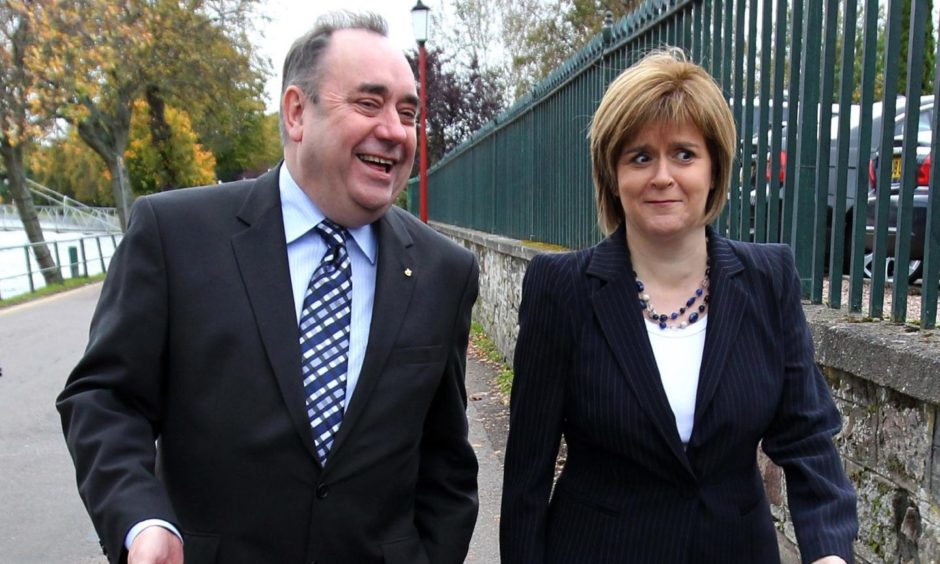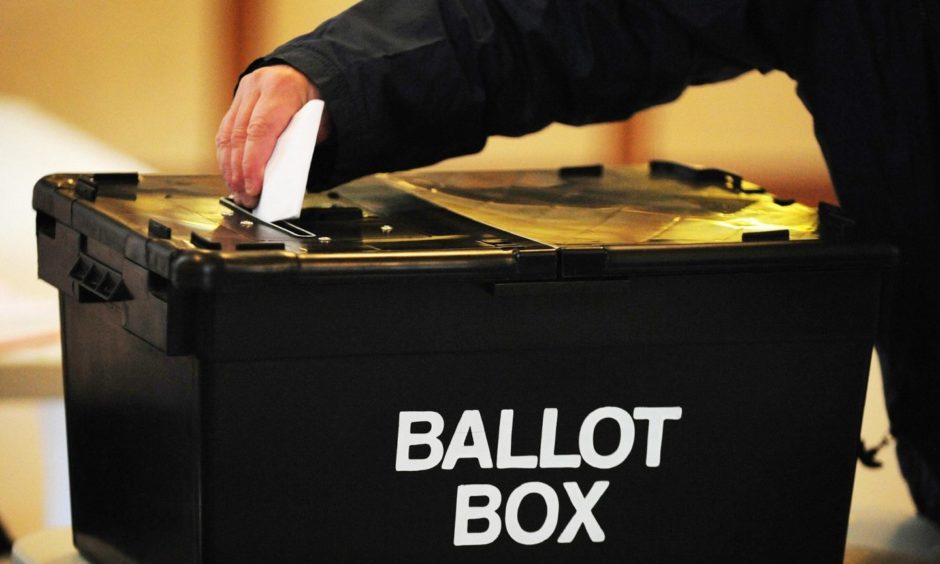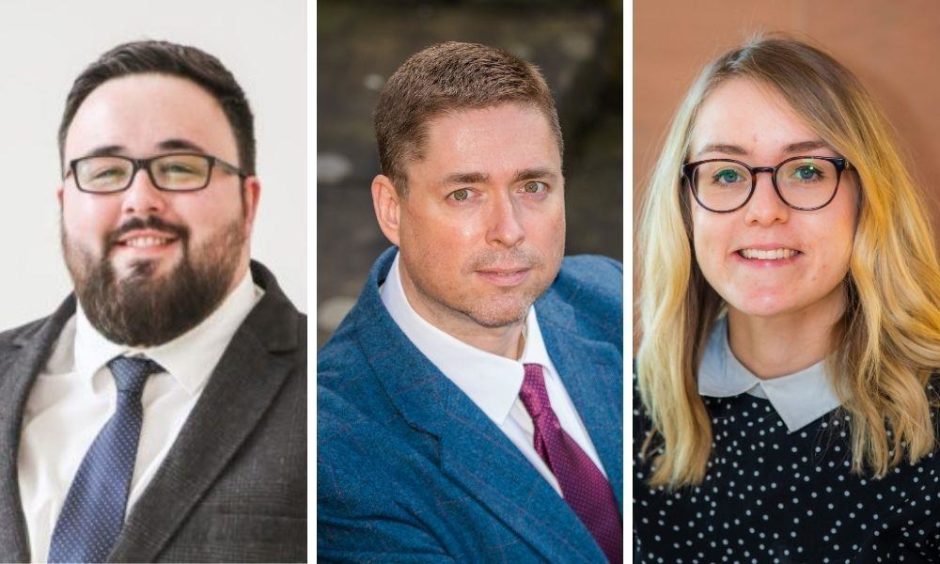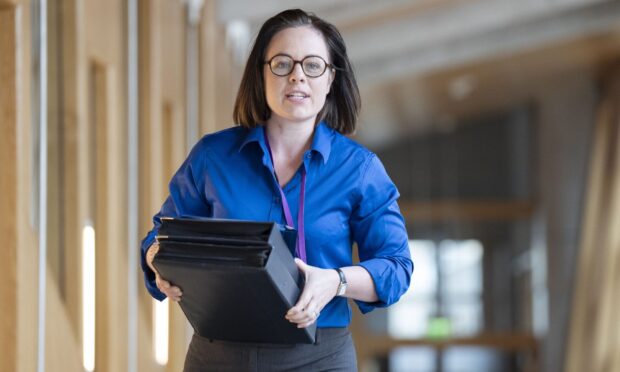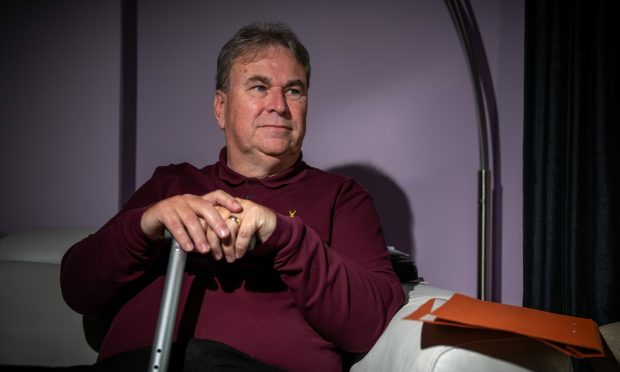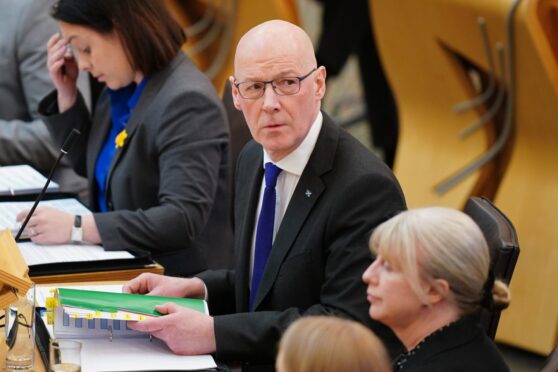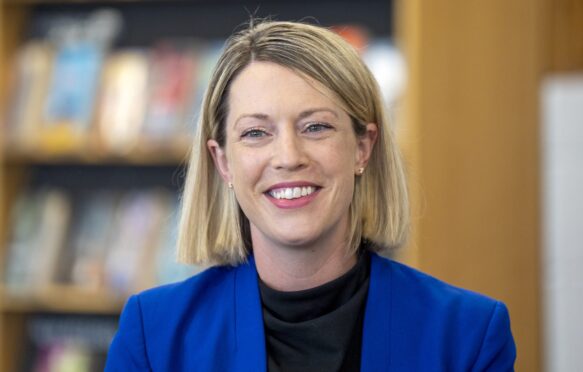Ten years ago I was appointed political editor of this newspaper and immediately thrust into covering the 2011 Holyrood election campaign.
Back then, pollsters were predicting a Scottish Labour victory, Alex Salmond and Nicola Sturgeon were the best of friends and an independence referendum seemed a distant dream.
If a day is a long time in politics, a decade is an eternity. Scotland has changed beyond recognition in that time.
Who could have predicted the drama of the 2014 referendum, the UK’s departure from the European Union or that we would be contesting this election in the spectre of a deadly virus that has killed tens of thousands of our fellow citizens and forced unimaginable changes to how we live our daily lives?
The stakes in this election are higher than ever. The agony caused by Covid-19 is still being acutely felt.
Our high streets remain largely shuttered. Our health service and its dedicated staff are on the point of exhaustion.
Our education system is battling with remote learning. Tens of thousands of people are fearful for their jobs.
The scourge of drugs is still causing far too many needless deaths – especially in cities like Dundee.
And the devastating mental health impact of the pandemic – especially on our young people – may not be fully known for some time.
So we are not just deciding who is first minister for the next five years in this election, but also answering existential questions about the nation’s future.
Sobering results from The Courier’s research
With that in mind, The Courier has conducted a large-scale study of voters (not just our readers) across Tayside and Fife with polling partners Survation – to ask them what is important to them.
The results make stark and sobering reading. People across the region are full of anxiety about what life will be like after the pandemic.
They are worried about young people’s job prospects, the local economy, the impact of poverty and whether health and mental health services will be able to cope with demand.
One respondent, Molly from Perth, summed up the troubled mood when she said: “I think most people feel lost and have no hope for the future.”
And yet there is a risk all these crucial issues will be overshadowed in this election. We must do better than a campaign dominated by constitutional bickering, the settling of old scores and meaningless soundbites.
This election manifesto sets out the issues which you told us were important and how we at The Courier will put them at the forefront of our thinking as we cover this election.
‘We will give you the facts and let you make up your own mind’
Our first and most important pledge is we will not tell you how to vote.
The Courier will give you the facts – and some trenchant opinion from different sides of the debate – and let you make up your own mind. Trust, transparency and impartiality are of paramount importance to all our team.
Secondly, we pledge to repeatedly ask the questions that matter to you. Our reporters and editors will relentlessly remind the candidates of this at every opportunity and do all we can to stop it becoming a policy-free election dominated by personalities.
We are investing unprecedented time and resources into ensuring we can ask those questions tirelessly and forensically.
Ten years ago, I was a one-man band on the politics beat for The Courier and was solely focused on what appeared in a few pages of the print product.
Today we have the largest political staff of any Scottish newspaper with eight dedicated reporters and a group head of politics working alongside data visualisation and social media teams, as well as videographers and photographers.
This has allowed us to bolster our coverage online and in paper with a new offering called Election Hub Live – a daily political show broadcast live on our website from our Dundee headquarters.
There will also be a dedicated election page at thecourier.co.uk and our popular Stooshie podcast will be running more frequently as we get closer to polling day.
Meanwhile, our new comment editor Morag Lindsay will augment our existing columnists by finding fresh perspectives to challenge our readers and provoke debate.
‘Most important election campaign in history of devolution’
I strongly believe engaging with alternative viewpoints is a vital part of coming to a more rounded picture of the world we live in.
In a time of social media bubbles and intense tribalism, it is more important than ever that outlets like The Courier provide a range of stimulating voices.
This is arguably the most important election campaign in the history of devolution.
The Courier will be here to inform and entertain our readers, listeners and viewers every step of the way.
We look forward to you joining us on the journey.
David Clegg is editor of The Courier and can be contacted at editor@thecourier.co.uk or on Twitter @davieclegg
